Please note: The workshops and breakout sessions will run concurrently. The breakout sessions are complimentary with a Delegate Pass or On-Demand Pass while the workshops are added content. If you wish to attend the workshops, you should select the "Delegate Pass + Workshop" Ticket.
See what will be covered at the 2025 event below:
Sessions with an * are subject to change

Presenters:



Bio to come!


Bio to come!


Mike Tannenbaum is a facilitator, strategist, and operations leader dedicated to accelerating our transition to a circular economy. As former Director of Sustainability Solutions and Optimization at GreenBlue (Sustainable Packaging Coalition, How2Recycle), and Director of Organizational Effectiveness at The Recycling Partnership, he excels at guiding diverse stakeholders through collaborative problem-solving on packaging sustainability challenges. Currently a fractional operations leader and Board President of Circular Philadelphia, Mike helps teams translate sustainability ambitions into operational reality.
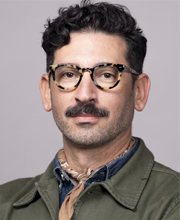

Joshua Katcher is a Next Gen fashion materials expert, fashion designer and educator, author, and entrepreneur. His book Fashion Animals (2019) was written while teaching at Parsons School of Design. He coined the term circumfauna, published in the Dictionary of Ecological Economics (2023). He has lectured and lobbied internationally. Katcher started the first men’s fashion website focused on material innovation, The Discerning Brute (2008-2019) and then launched the first vegan, ethically-made menswear brand with a focus on Next Gen footwear, Brave GentleMan in 2010, which has been featured in Vogue, Forbes, GQ, and The Financial Times. In 2017, Katcher co-founded RIND by Dina & Joshua, an award-winning, French-style vegan cheese company with the first authentic vegan cheese cave in America.


Maurizio is currently the Innovation and Marketing Director for IML at Multi Color Corporation and spent the last 20 years in marketing and product management in the packaging industry. working with companies such as WestRock (now Smurfit Westrock), Tetra Pak, Avery Dennison, Klockner Pentaplast, and Robopac. Born in Bologna, Italy, Maurizio is dedicated to creating sustainable value for customers and supporting business growth with circular packaging solutions.
Maurizio holds a Ph.D. in Chemistry and a Master's in Marketing, with research experience at institutions including UT Austin, GA Tech, EPFL Lausanne and Monash University in Melbourne.


Optimistic packaging engineer with superb communication and problem solving skills. Well versed in private label packaging development, corporate ESG, and sustainable packaging commercialization. Passionate about sustainability and long-term solutions.
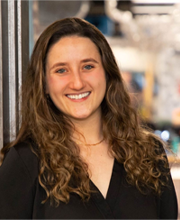

Ali Golden is TerraCycle's Global Director of Strategic Relationships, overseeing commercial, NGO, and government stakeholder engagement for the company, with a focus on recycling and reuse policy and partnerships. Prior to joining TerraCycle six years ago, she worked in corporate sustainability at companies like Thermo Fisher Scientific and Grant Thornton International. Ali holds a Master of Environmental Management and a BA in Environmental Studies from Yale University.


Crown Holdings, Inc. is a leading global supplier of rigid packaging products to consumer marketing companies, as well as transit and protective packaging products, equipment and services to a broad range of end markets. I am Manager – Global Sustainability for Crown Holdings, and I am based out of our office just outside of Chicago in Tinley Park, IL. I started my career at Crown as an analytical chemist in the R&D department, Crown Technology, and joined the Sustainability Team in 2021. I support the implementation of Crown’s ambitious Twentyby30 sustainability program along with various responsibilities such as sustainability reporting, supply chain engagement, and decarbonization strategies. I have an MBA from the University of Chicago Booth School of Business.


Bio to come
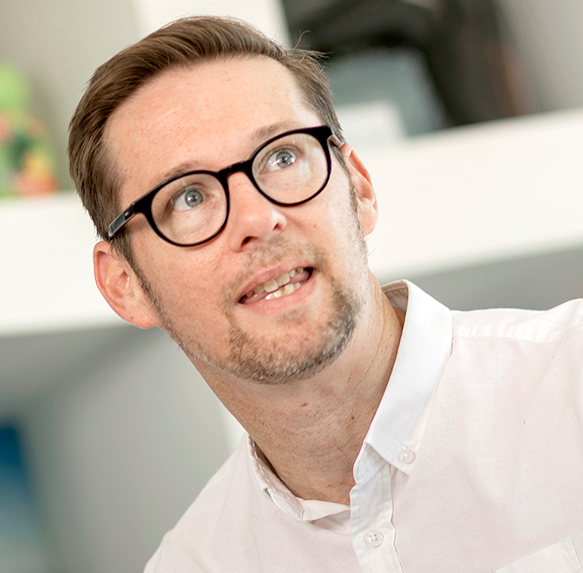
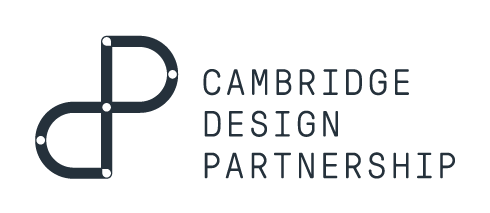
James is the Planning and Strategy Innovation leader at Cambridge Design Partnership. James has over 25 years of experience in the branding and packaging design industry, leading initiative for brand, design and innovation consultants, such as Landor Associates, Design Bridge and Touch.
His experience has included developing brand communications and delivering major packaging innovation for global FMCG companies across a hugely diverse set of categories with clients such as PepsiCo, Unilever, P&G, Nestle, Suntory, Mars Wrigley, Mondelez, Pernod Ricard and Natura, to name but a few.
James’ experience in navigating challenging political environments with stakeholders across all functions, has enabled his clients to overcome barriers and unlock opportunities, building bespoke, tangible innovation roadmaps to move toward a sustainable circular economy. James is a seasoned conference speaker and thought leader in his field.


Jason Bergquist is the CEO – North America at RecycleMe, the consulting division of Reclay Group International. With over 35 years of expertise, Jason has led commercial and municipal waste divisions, material recovery operations, and bottle bill redemption in Maine, New York, and California. Throughout his career, he has worked in the U.S., Europe, and Asia, and brings a global perspective to recycling. He holds a Juris Doctor (JD) degree from John F. Kennedy University of Law and has advised on Superfund compliance, beverage container deposit law and hazardous waste management.

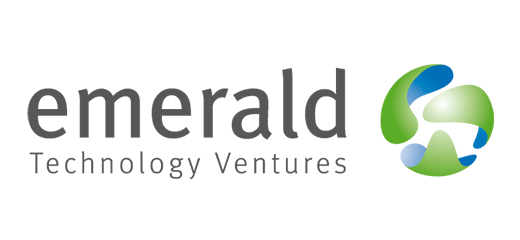
Based in Emerald’s Toronto office, Neil’s sector expertise is in the field of advanced materials and processes; he co-leads the sustainable packaging practice at Emerald with Fredric Petit. As a Partner, he is delighted to be involved in all phases of the investment process, helping young deep-tech start-ups become heavy-hitters in the circular economy. Neil also joins with the entire Emerald team in supporting the open innovation initiatives of some of the world’s leading corporate partners as they achieve their sustainability and profitability goals. In the Emerald Portfolio, past and present Board roles include Phase Change Energy Solutions, Tropic Biosciences, actnano, Lucintech and others.
Neil’s academic background is in advanced materials (PhD in Chemistry from McGill University & BSc in Chemistry and Biochemistry from the University of King’s College (Dalhousie University)), but generally, if it has mass, occupies space, is intriguing and creates value, he is interested! Neil is a product of the global village and is happy to commiserate in English or French.
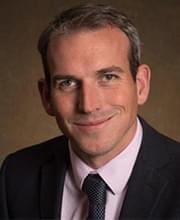

Ciaran is responsible for delivering Smithers global growth initiatives and supporting Smithers Asian client base.
Ciaran has been working for Smithers for nearly twenty years supporting the packaging, print and paper value chains with key market and technical information in the form of conferences, reports and consulting. Ciaran has worked on winning and delivering a wide range of market consultancy projects to major industry players, recent projects include a global assessment of printing and packaging growth trends and market assessment for a major new product launch for one of the world’s largest packaging converters.
Ciaran has launched and managed many international conferences in this sector including Digital Print for Packaging, SustPack, Specialty Papers and Print Futures.


After 20 years of omnichannel marketing excellence, Kris joined ERM — the leading marketing communications firm focused solely on sustainability — to use his marketing powers for good. Kris leads the creative and digital departments within the agency and is ultimately responsible for ensuring the agency's work is truly effective in the marketplace for our clients. Kris works across verticals with one focus – to create a market advantage for the organizations building a sustainable future. His clients include Meta, Yeti, Papa Johns, Cotton Incorporated, EDF, Graphic Packaging and Exelon among scores of others. His passion for doing good — in the world and for his clients — is a driving force at what is now ERM Shelton. He's focused on helping organizations sell more products, drive brand preference, attract and retain the best and brightest talent, and improve investor outcomes — all because of their positive impact on people and the planet.
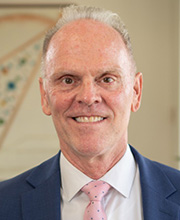

A well-known leader in the government affairs arena for more than 20 years, Dan has worked within the bottled water, credit card, healthcare and information management industries. He is particularly passionate about environmental, sustainability and packaging issues and has lobbied extensively in those areas at the state and federal levels.
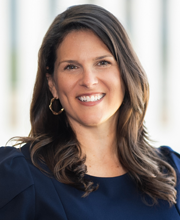

With more than a decade of experience in climate-solutions businesses, Leslie has built and led high-impact teams across the composting and organics recycling sectors. As former Director of Sales & Marketing at Atlas Organics, a commercial composting company, she played a critical role in scaling the company from a regional operation to a multi-state leader, expanding into new markets, advancing organics diversion programs, and increasing the value and application of finished compost.
A passionate advocate for composting infrastructure, soil health, and environmental education, Leslie has served on the BPI Board of Directors, where she helped launch the first Composter & Municipalities Committee. She has also contributed to US Composting Council, the Closed Loop Partners Composting Consortium, Don't Waste Food SC, and Kiss the Ground as a trained Soil Advocate.
Leslie is based in Spartanburg, South Carolina, where she is an active community leader, volunteer, and dedicated mother of three.


Mr. Vitor Godoy is the Technical Service & Development Engineer in Kuraray America – PVOH Business unit, responsible for paper and packaging markets. He holds a bachelor’s degree in chemistry and master’s degree in Material Engineering, focused on polymer science, both from Federal University of Sao Carlos, Brazil. Vitor has over 10 years of technical service and customer collaborations in paper processing and coating, PVAc emulsion polymerization and textile sizing throughout Latin America. He recently relocated to the USA to expand his focus throughout the Americas.
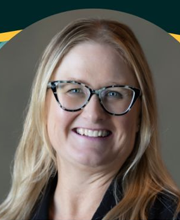

Bio to come!


bio to come!

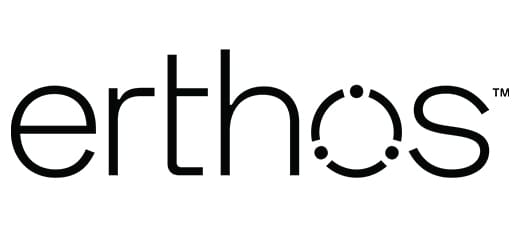
Nuha is on a mission to build a new standard for sustainable materials that puts our earth first. She founded erthos while still completing her Business & Environmental Economics degree at the University of Toronto (Rotman). When her peers headed off to full-time jobs after graduation, she decided to go full-speed with erthos, scaling the company to a team of 20, raising over $11M UA dollars, and launching global manufacturing pilots to tackle the issue worldwide. As an entrepreneur in an emerging technology space, Nuha plays an active role in supporting the development of the diverse innovation ecosystem in Canada and Globally. From serving as a board member of National sustainability organizations and accelerators like Canada Plastics Pact and Enactus Canada to mentoring young entrepreneurs and women in STEM, she is dedicated to supporting next-generation leaders who are collectively working together to positively impact this planet. Nuha's work in building erthos has been recognized globally, and the rapid expansion of erthos as one of Canada's fastest-growing cleantech companies. She was recently awarded by Bay Street Bull 30x30 and is on this year's Forbes 30 Under 30 list.


Dr. Kyle Miller is a research scientist specializing in the application of machine learning, informatics, and simulation methods to materials design and optimization. He currently works at Citrine Informatics, where he contributes to multidisciplinary research programs spanning nuclear waste forms, recycled alloys, and advanced ceramics, in collaboration with industry, academia, and national laboratories. Prior to joining Citrine, Kyle conducted research at Sandia National Laboratories and Northwestern University, where he obtained his Ph.D. in Materials Science and Engineering.
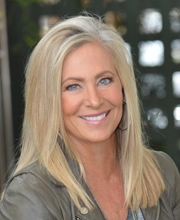

Kimberly Kovacs is the CEO of RENW. She also serves as CEO of Element6 Dynamics, an agtech innovator focused on reducing Scope 3 emissions and advancing biogenic carbon solutions through industrial hemp.
With over 20 years of experience as an entrepreneur, Kimberly has a reputation for developing and scaling solutions. The inaugural Forbes 50 over 50 in Investing honoree has played a founding role in seven companies, successfully raised over $120 million in equity capital and achieved multiple lucrative exits.
Her past accomplishments include co-founding Oryxe Energy, where she led the development of a bio-based additive that allowed refineries to meet clean air emission standards without costly infrastructure changes. This gained attention from the EPA and Congress, leading to work with Hillary Clinton to amend the Clean Air Act, facilitating the additive's adoption. Her efforts resulted in significant partnerships with oil companies and a $300 million acquisition offer from DuPont. Now at the helm of RENW and Element6 Dynamics, Kimberly continues to pioneer sustainable solutions that meet the needs of businesses and their customers.
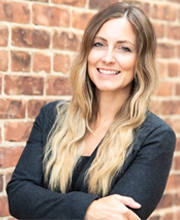

Ashleigh Hotz is the Director of Sales and Marketing at SmartSolve, where she leads strategic initiatives and drives customer engagement in innovative, flushable raw materials. She is the founder of Lily Jane Garden Club and founding board member of G.E.T. HOPE Veteran’s Foundation, a 501c3 nonprofit offering community, hope, and healing for veterans in NW Ohio.


John Starke has a background in engineering and manufacturing, with extensive experience in industrial operations, specializing in product, production, and quality engineering. He has worked in the waste industry for several years, and as the founder of MyMatR, he set out to empower individuals and organizations to manage their waste more effectively, contributing to a more efficient disposal system. By providing solutions that collect better waste data, engage and educate depositors, and correct deposits in real-time, MyMatR seeks to improve the accuracy, accountability, and impact of waste disposal programs. Outside of work, John is a dedicated bagpiper and an active member of two pipes and drums bands.
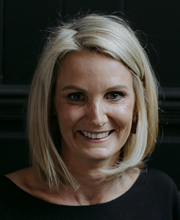

Bio to come!

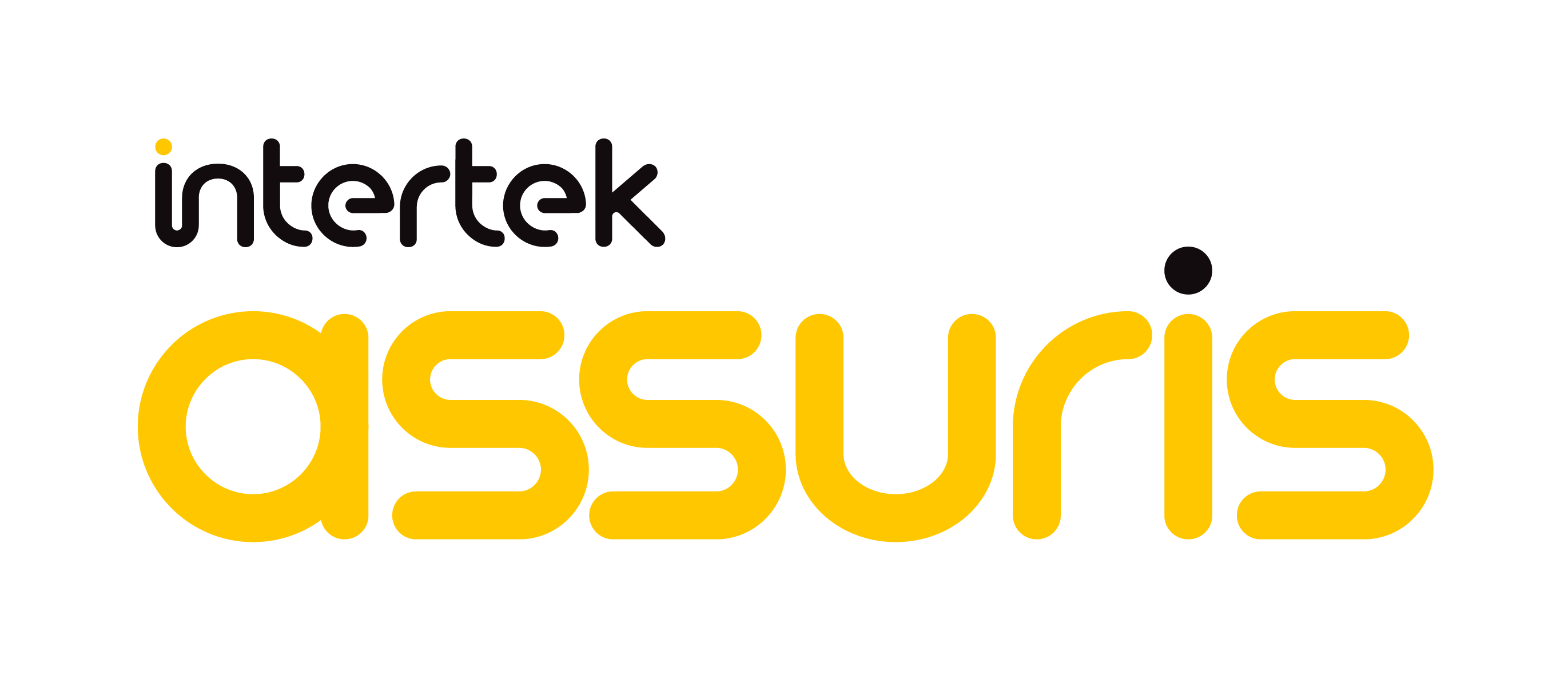
Bio to come!